A Parent’s Advice for Getting Outside with a Special Needs Kid

(Words and Photos: Jennifer Allen)
“Hiking with special needs kids.” Does that sound like an oxymoron, or an insurmountable task?
You know what it’s like. You have a vision of what your life will look like - the adventures you’ll have, the career you’ll love, the family you’ll build - and you’re following the steps to get you there. Then D-Day (diagnosis day) comes along and everything changes.
Hiking, camping, traveling, adventuring: all of those things drop from top priorities to distant memories. I get it. I’ve been there. I remember trying to keep my tears in because I didn’t want to seem like I was disappointed in my son, while feeling trapped in my own home because I couldn’t fathom what would be needed to continue adventuring with a kid in a wheelchair.
I’m here to tell you that it doesn’t have to be this way. While the idea of stepping out into the unknown with special needs can feel daunting (at best), the benefits far outweigh the challenges. I’m sure you know how research has shown the benefits of the outdoors physically, mentally, socially - how much more so for our kids who need extra attention in those areas! Hiking with our kids with special needs can even boost their self-esteem and increase their attention span. So, here are some tips and encouragement to get you and your family out the door and back on the trail.

#1. Just do it.
Another special needs mom pointed out to me that the biggest thing is just doing it. Yes, it’s intimidating. Yes, it may be hard, especially at first. No, you won’t regret it. We’ve taken on trails of varying degrees, we’ve traveled cross country and internationally, we even tried camping for the first time this summer. Through all of that, I can honestly say that the hardest thing I’ve ever done with my kids was taking them grocery shopping. There’s nothing that’s been harder than navigating the endless lure toward meltdowns and public humiliation that occurs in a grocery store (on top of whatever accessibility, navigation, and not losing any kids concerns). If you can go to the grocery store with your family, you can take on hiking with special needs. (Alternately, if you can’t go to the grocery store with your family, you can still manage hiking with special needs.) Take a deep breath, put on your big girl/boy pants, and jump in.

#2. Prepare ahead of time.
Many of our kids don’t respond well to the unexpected (maybe that’s kid-nature, in general). It helps to explain what a trail or outdoor experience is going to look like, and what’s expected of them. Some parents practice walking around the backyard, and offer healthy treats as rewards for “making it”. This is an important step for you, too. You need to identify what obstacles you’ll face, and what risk factors exist, so that you know what precautionary steps need to be taken. What is it that’s keeping you from the trail? Name the fear so you know how to face it. How can you address that obstacle in a practical way?
#3. Utilize your resources.
As much as it may feel this way, it’s not actually you against the world. Whatever your child’s special need is, there are tools to help… and there are others who have blazed the trail before you! Because my son’s biggest obstacle is a physical disability, we started with a heavy-duty hiking carrier and an all-terrain wagon. Here are some other suggestions from special needs parents that help them on the trail:
- Bright clothing
- Harness
- Bring along a recent photo, in case you get separated
- Have the child carry their own backpack with water, snacks, a stuffy, sketchpad, a change of clothes, or whatever else they may need on the trail. (I know extra weight seems counterintuitive, but it adds to the sense of adventure, helps make them feel a part of things, and helps with weighting them.)
- Trekking poles (in addition to the physical aide, they add to the sense of adventure - Cascade Mountain Tech has a great selection)
- Look into Project Lifesaver for tracking elopers who may wander off the trail

#4. Research the trail.
Not all trails are created equal. Trails marked as kid-friendly may not be wheelchair accessible. Trails marked as wheelchair accessible may not smooth enough for a person with a visual impairment. A perfectly smooth trail that runs along a river may not be ideal for a child on the spectrum with an irresistible draw toward water. National and state parks often offer the most accommodations, but trails in any location may have what you need. Try googling the name of the trail and the specific accommodation you require. Many trails may also be connected through a park website with a phone number for a contact with information on the trails. If all else fails, ask specific questions of people who have been on the trail. (For example, “Are there any steps?” vs. “Is it accessible?”) To the best of your ability, know what you’re getting yourself into before you go.
#5. Be flexible.
You already have this down. Nothing in life looks like what you planned for, and nothing goes the way you intend it to. Different isn’t always bad, sometimes it’s just different. You may make it to a trailhead and discover a puddle near a pile of rocks, and you may not be able to get your child any farther. That’s ok! You got him out in nature! Good job! You may make it part way into a trail and spend the afternoon sketching a tree. This is beautiful progress. You may make it half way back and your child refuses to move another inch. This isn’t the first time, it won’t be the last, and it’s probably much less public than places you’ve survived previous meltdowns. This, too, is progress. You helped your child to experience nature. Their mind and body were refreshed and benefited in some way before you got to that overload moment. Deep breaths. Hang on to the positives, and shake off the negatives. This fresh air is good for you, too.

Sure, hiking with special needs has its challenges - just like every other area of life. And just like every other area of life, you will adapt and grow as you go. I will never tell you that it’s easy, but I can guarantee you that it will be so worth it.
-Shop the gear from this post:




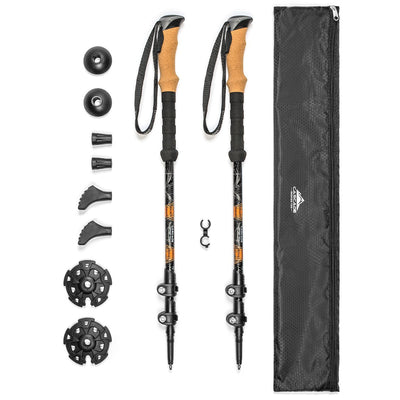
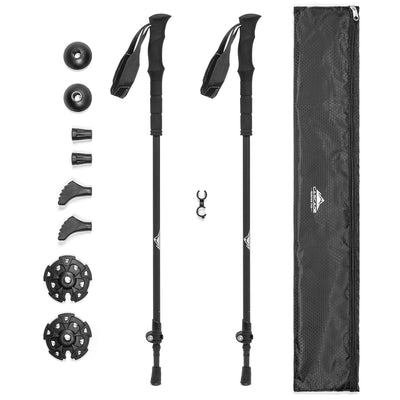
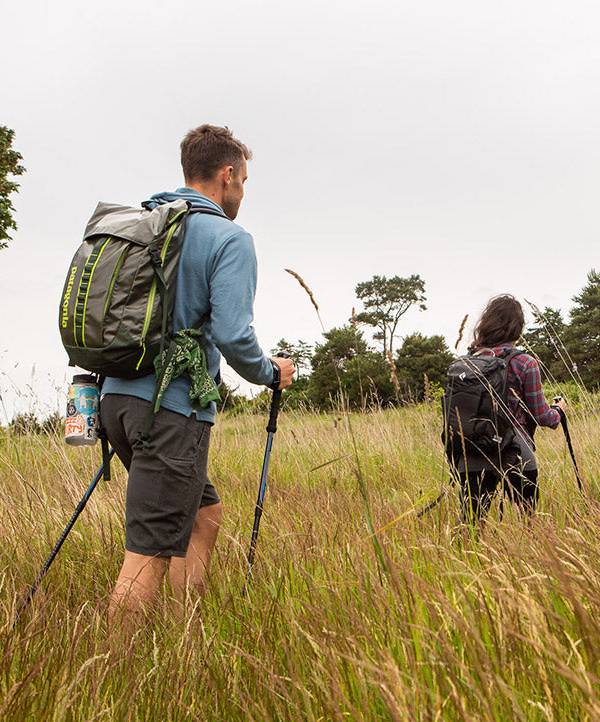
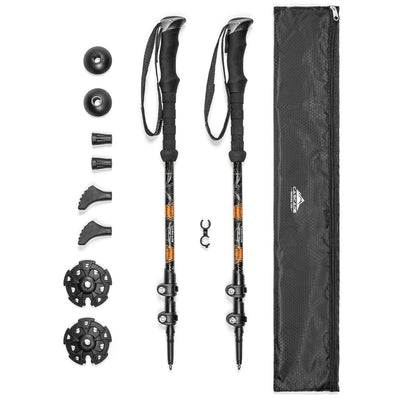
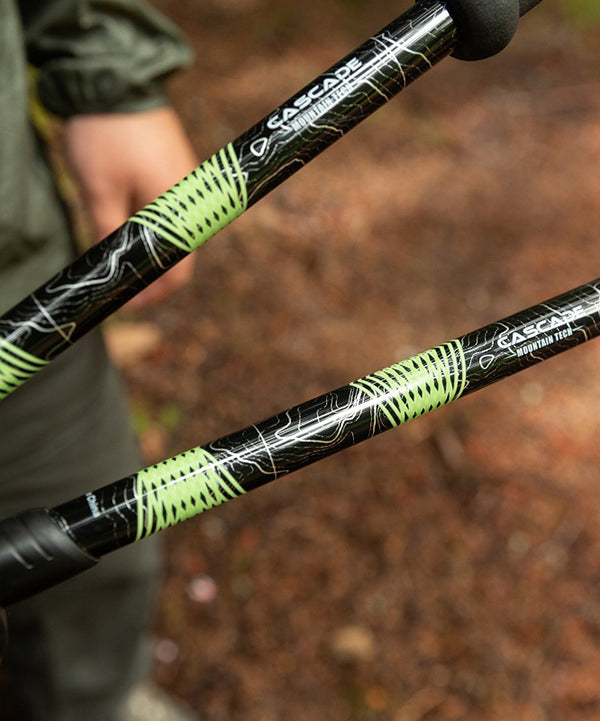
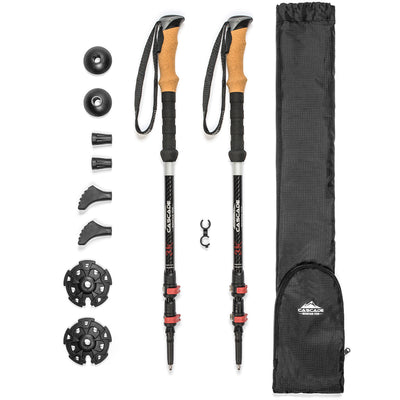
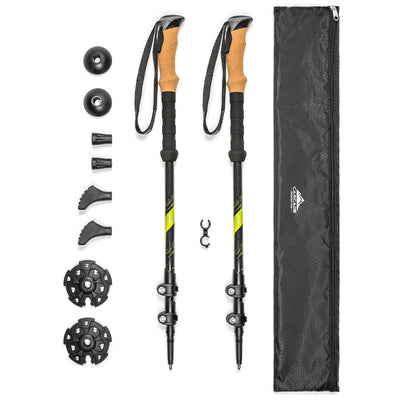
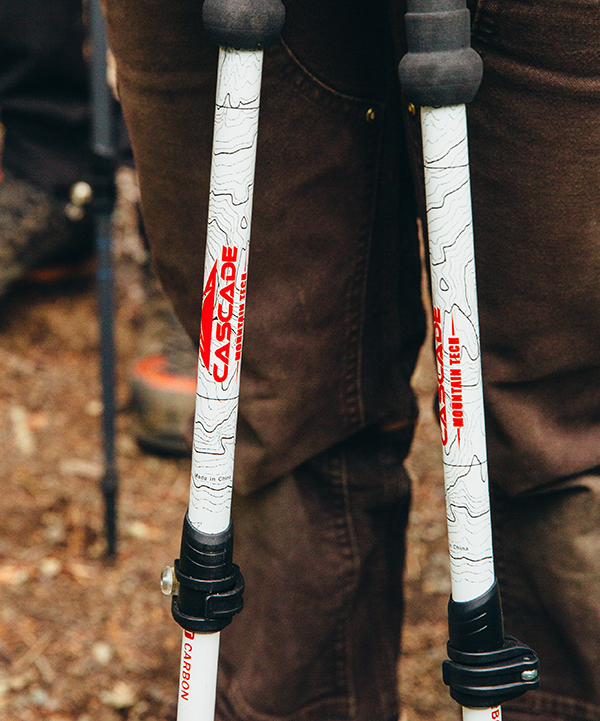
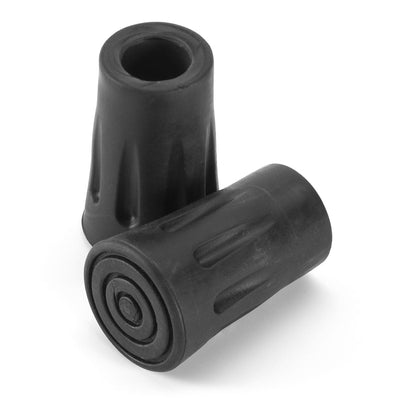
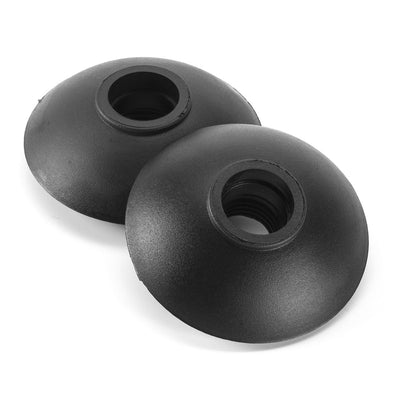
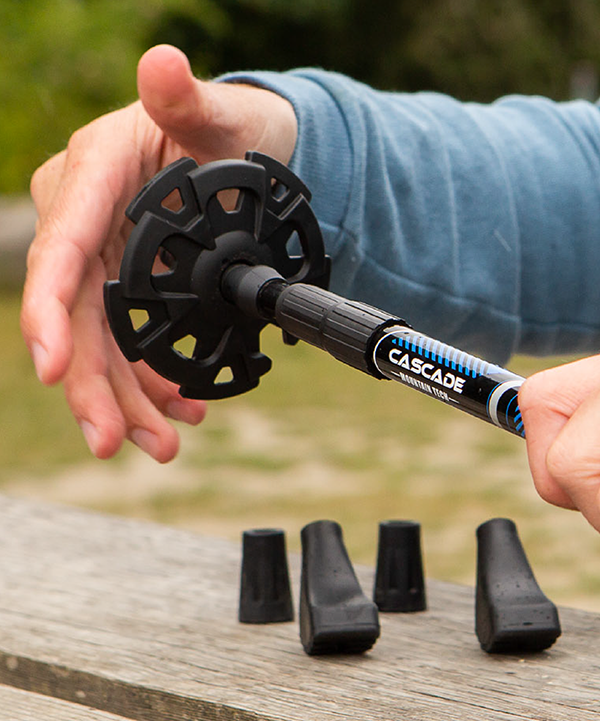
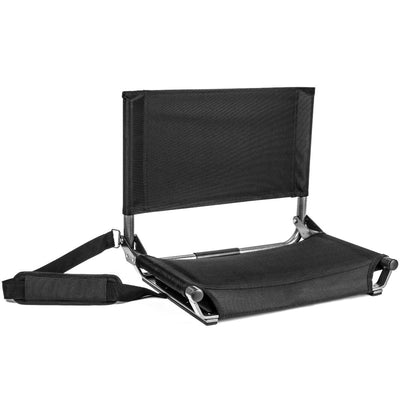
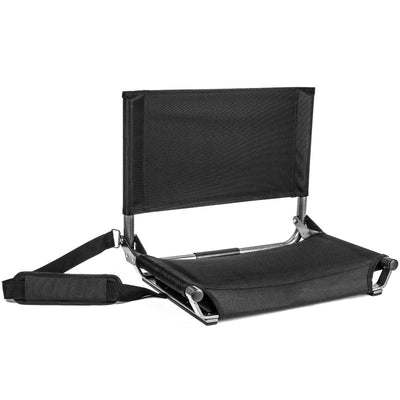
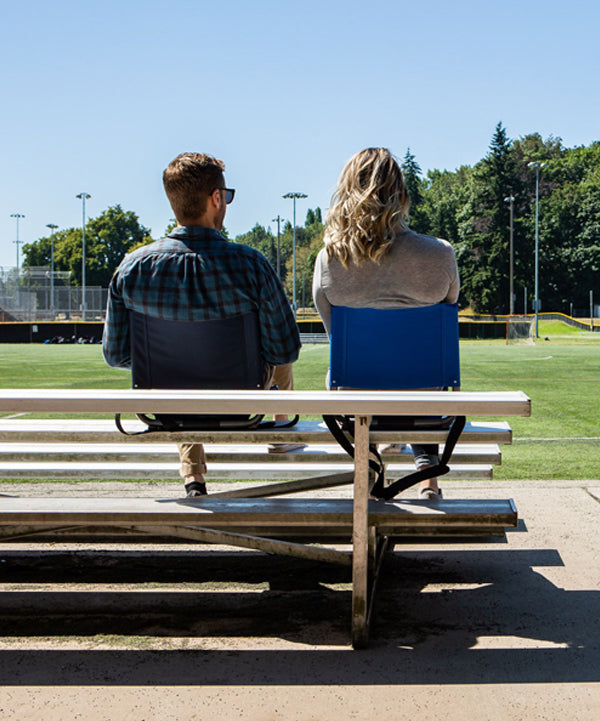
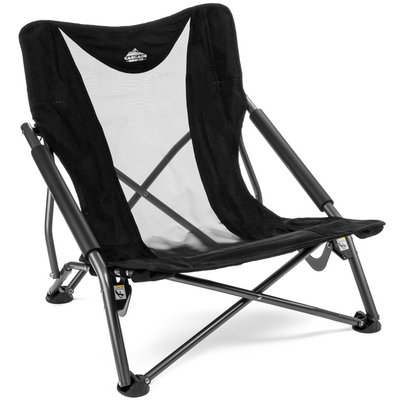
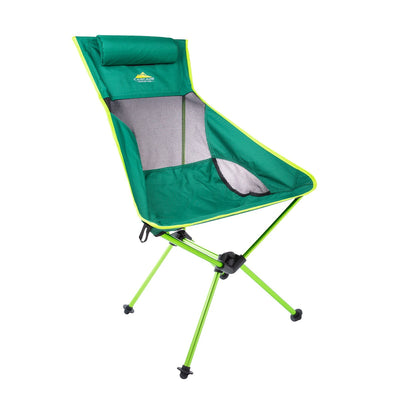
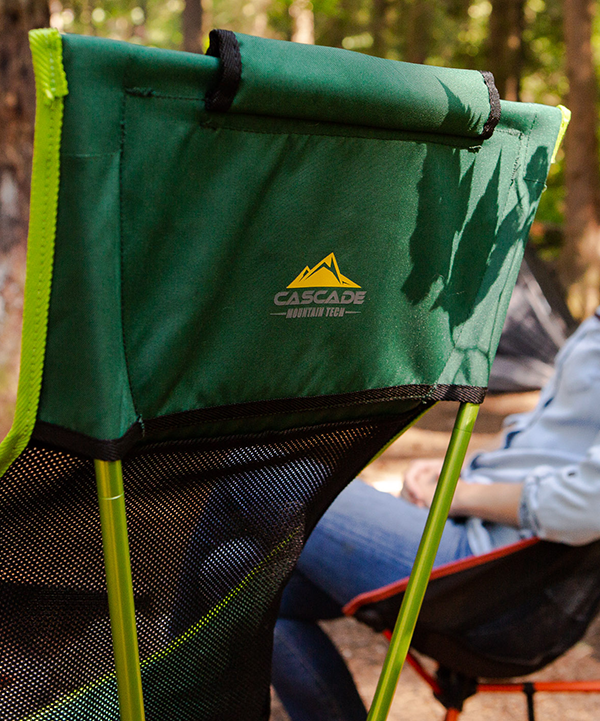
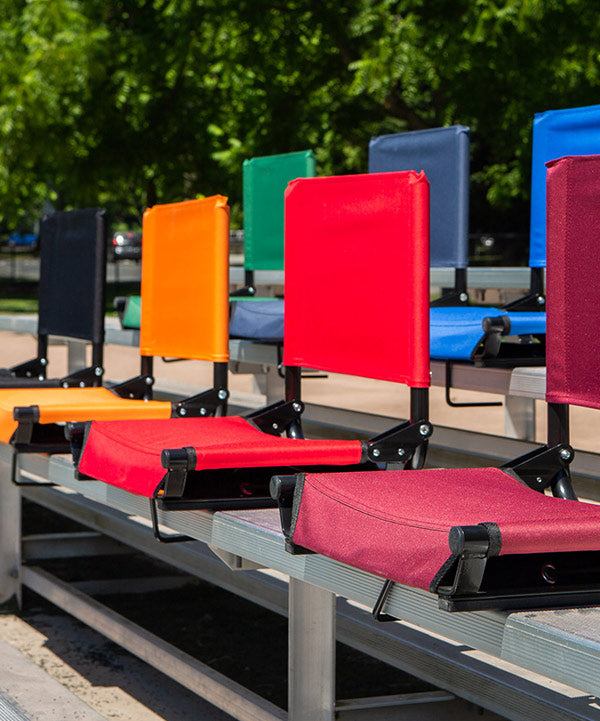
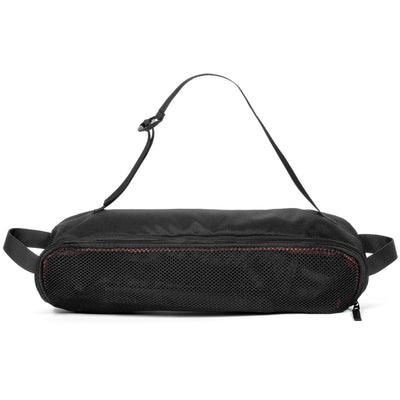
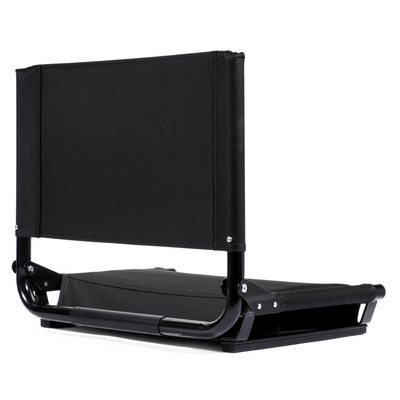
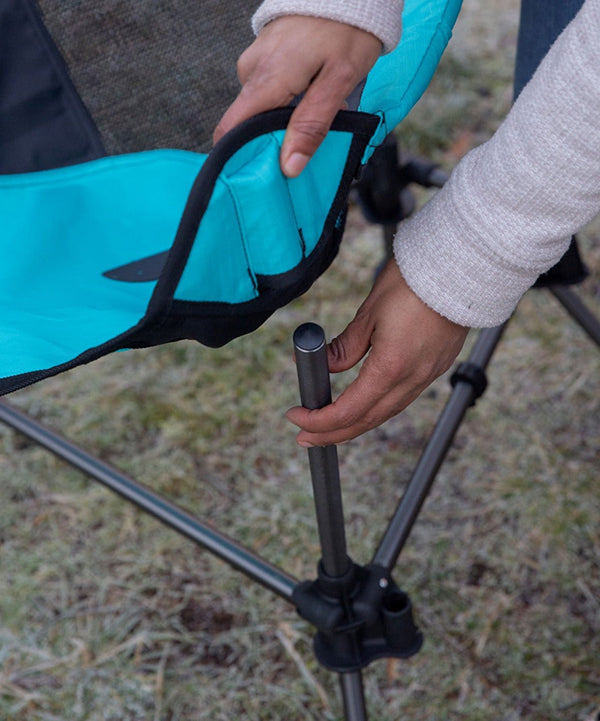
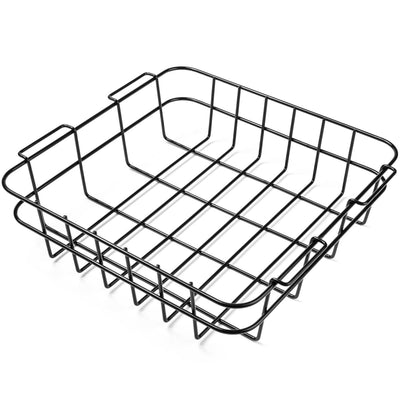
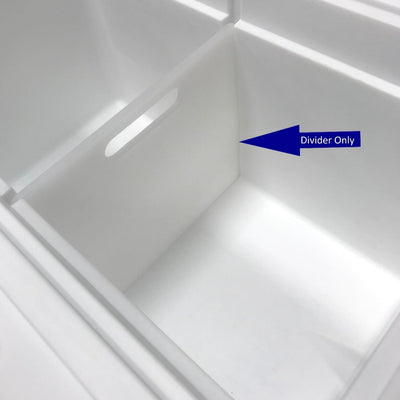
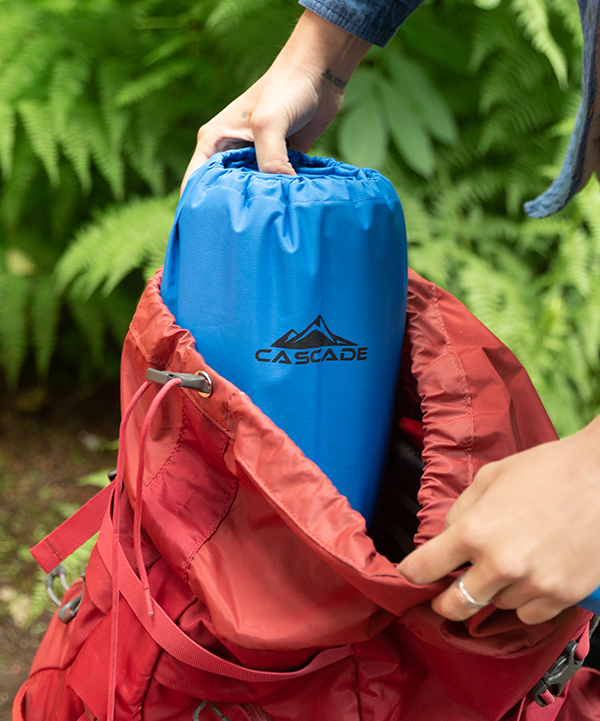
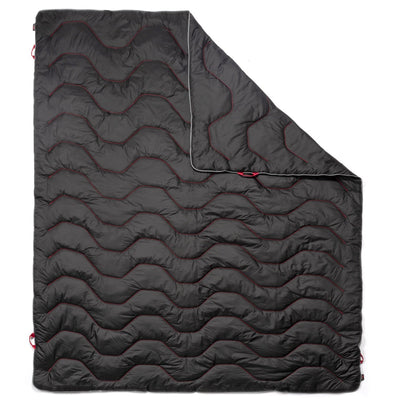
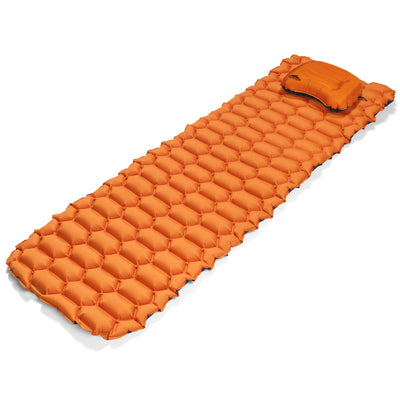
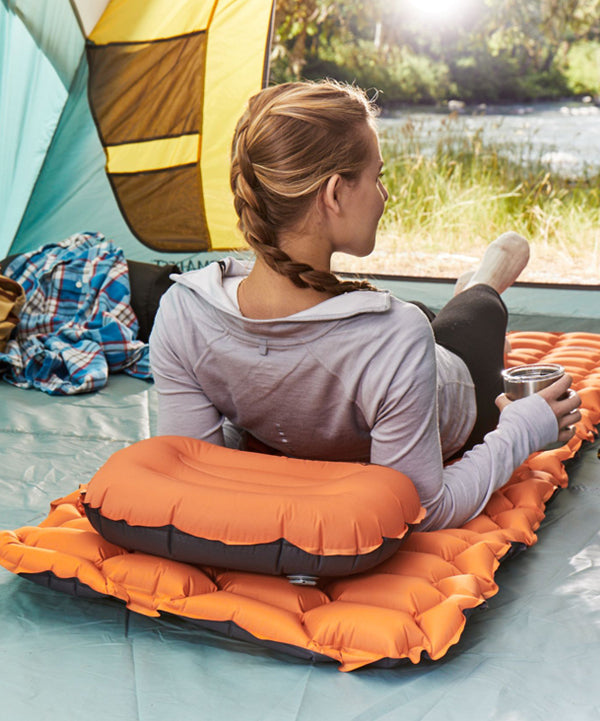
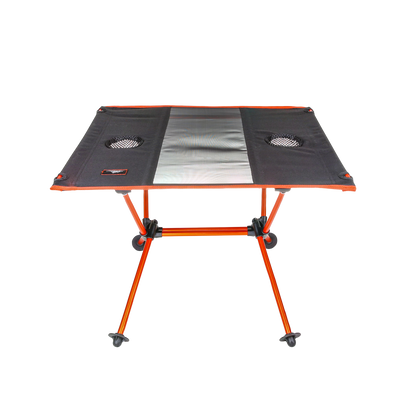
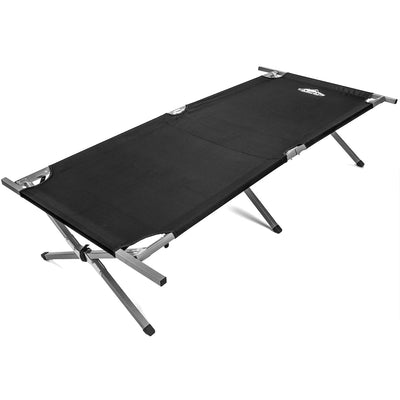
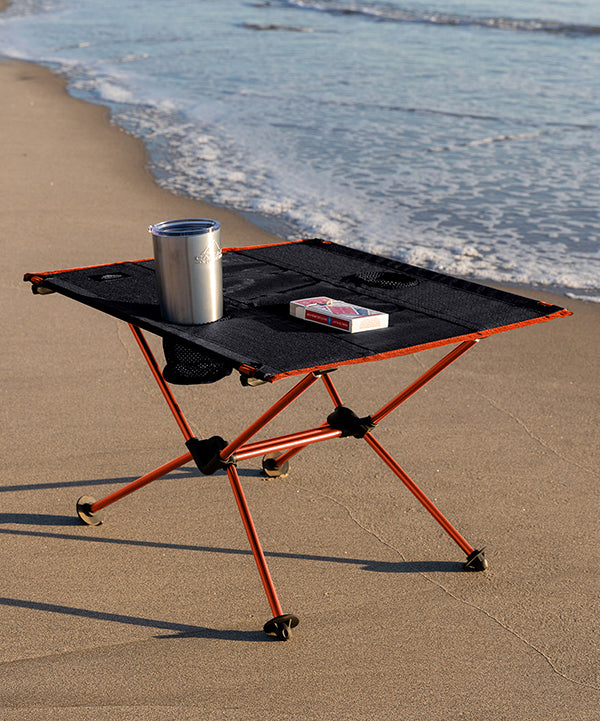
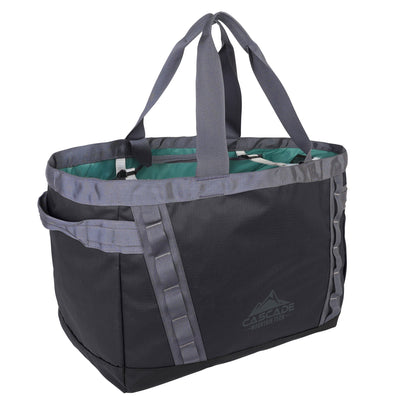
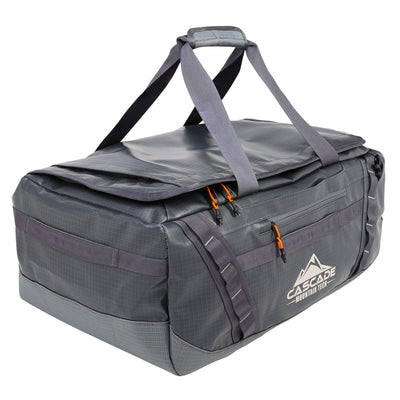
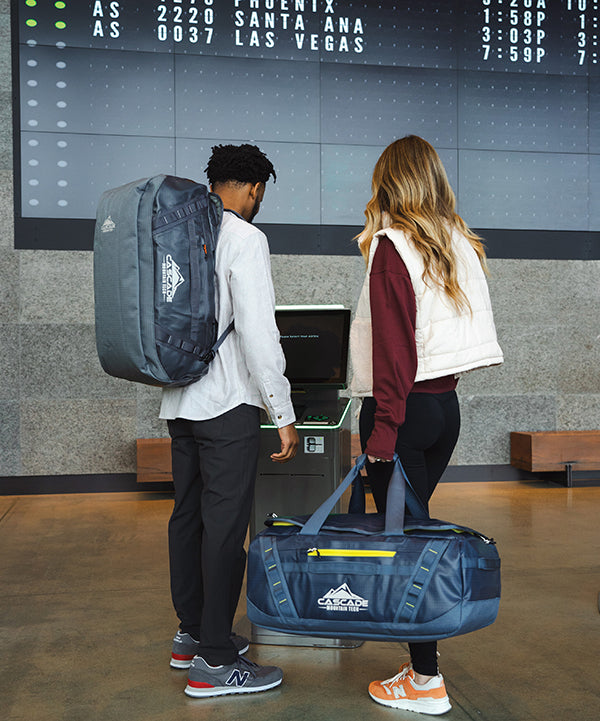
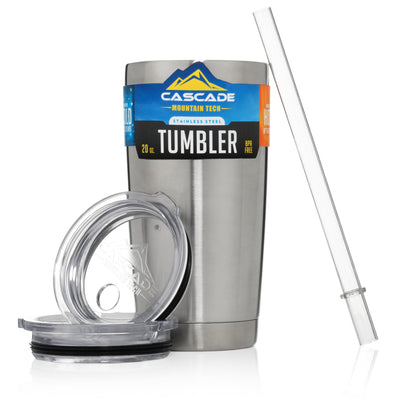
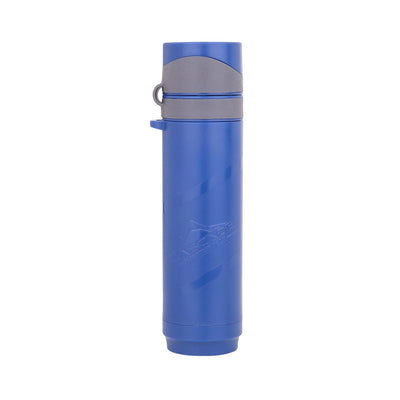
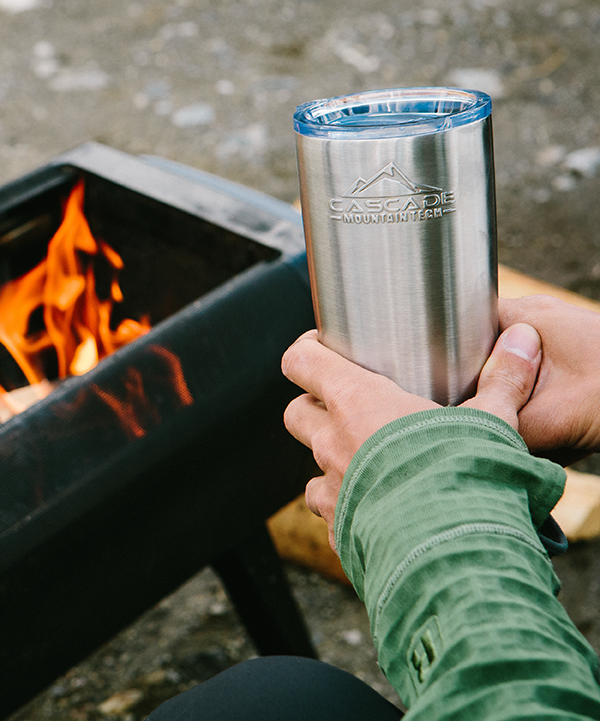
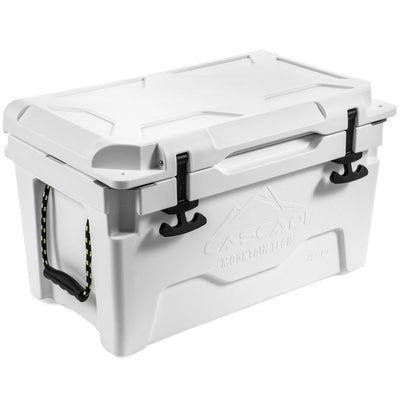
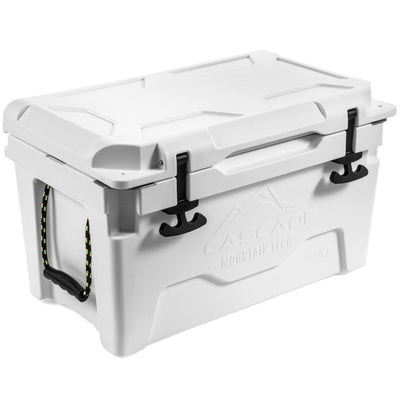
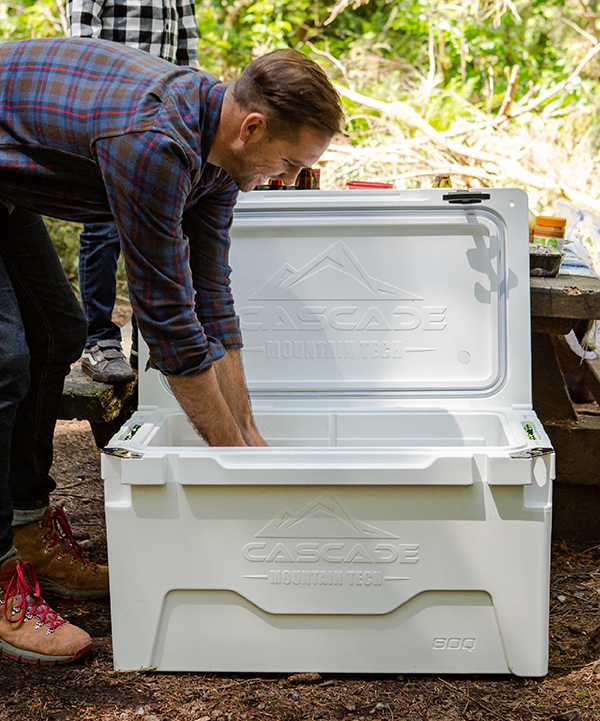
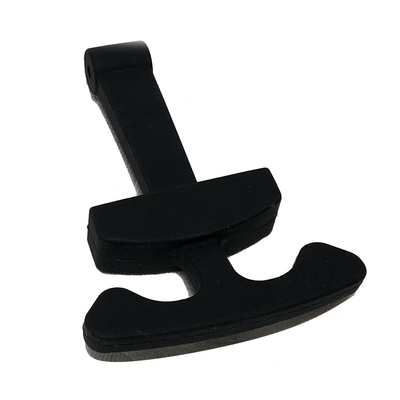
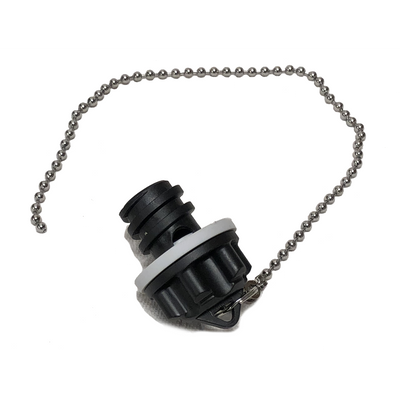
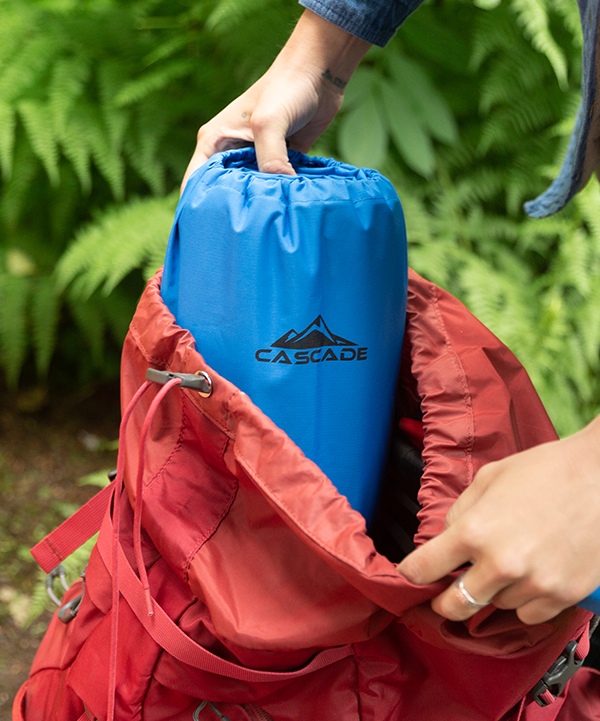
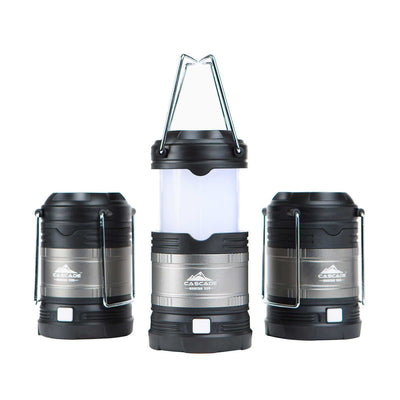
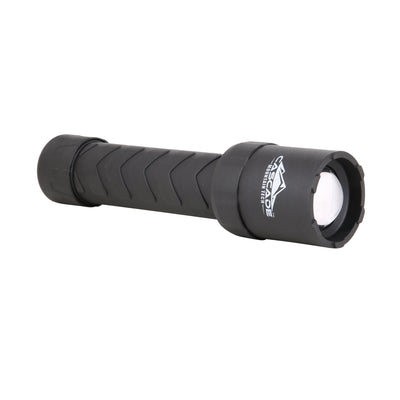
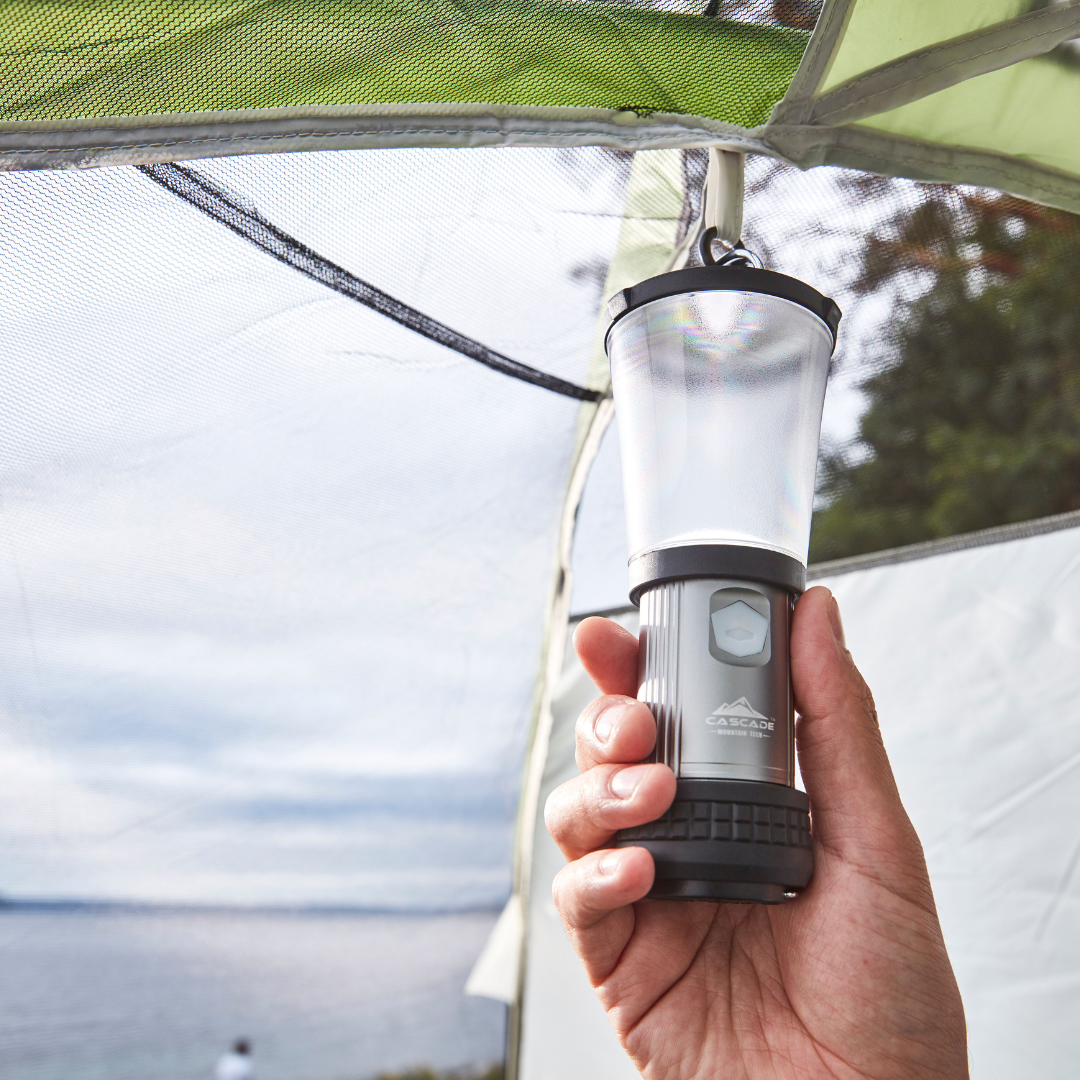
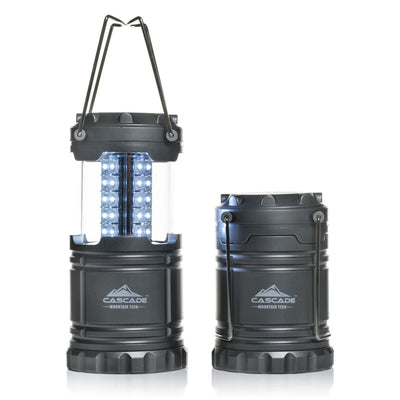
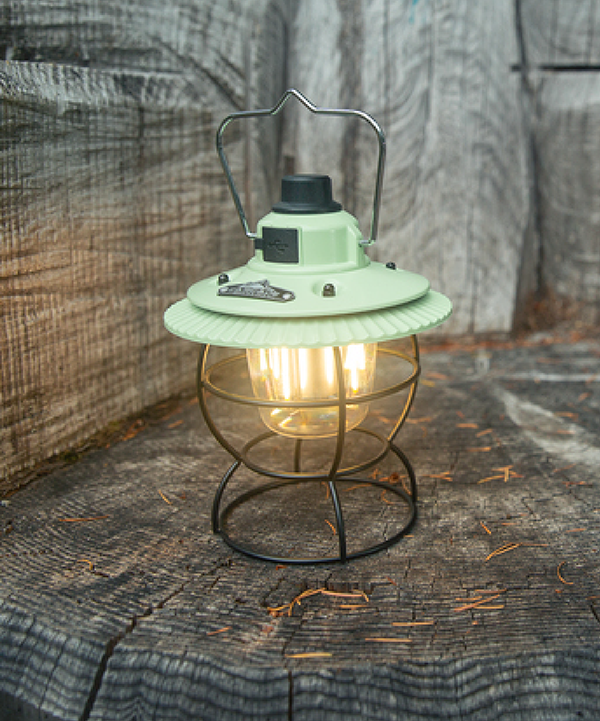
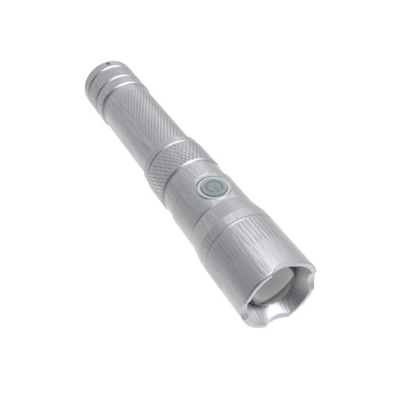
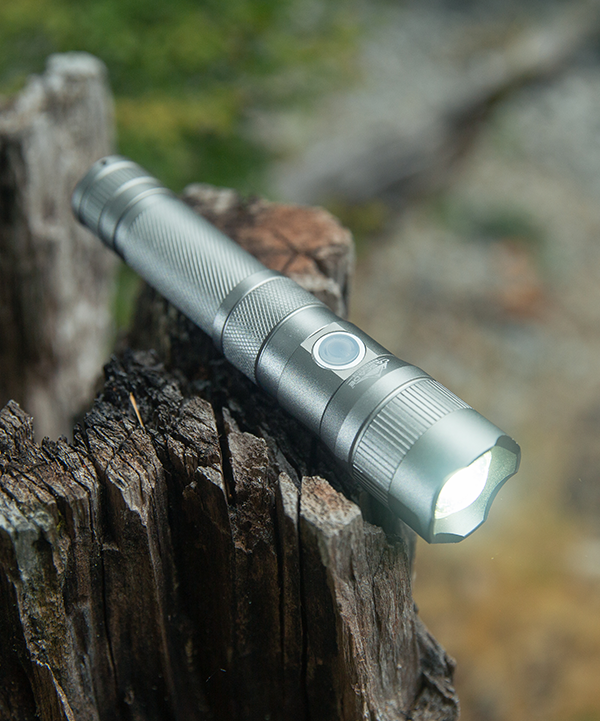
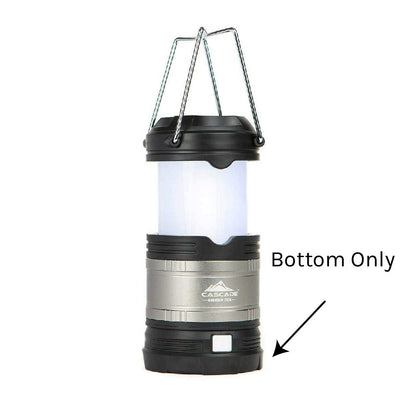
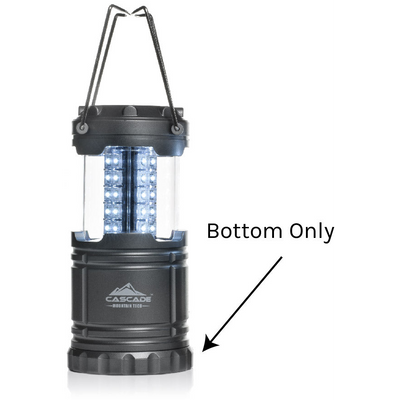
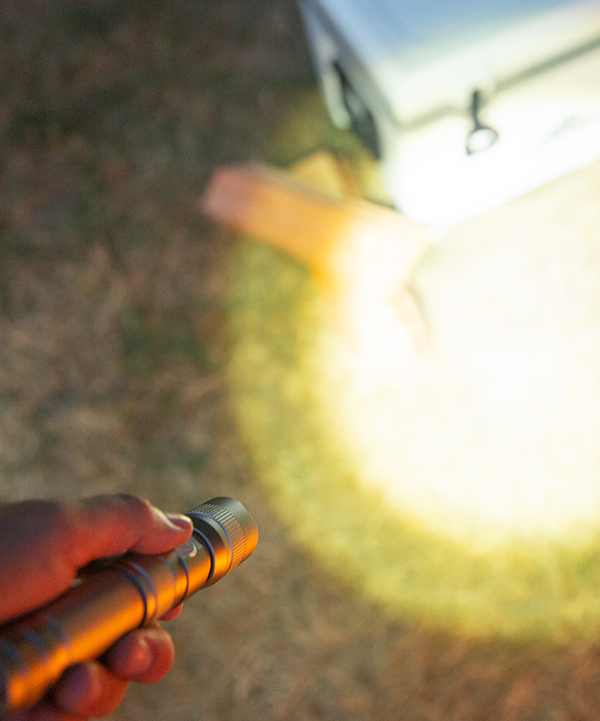

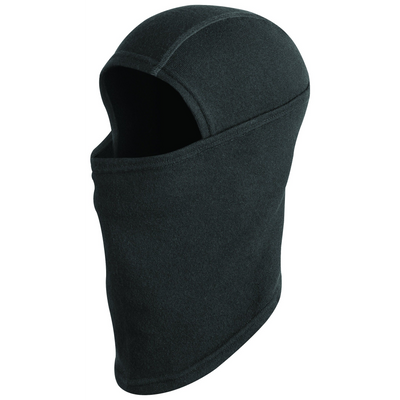
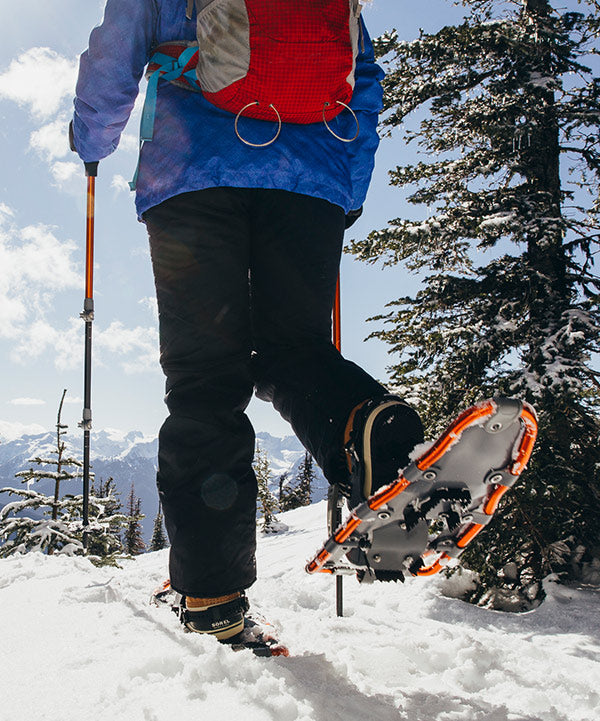
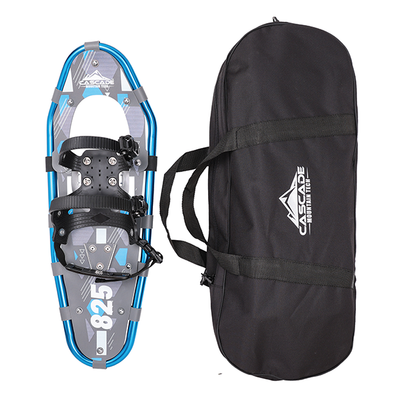
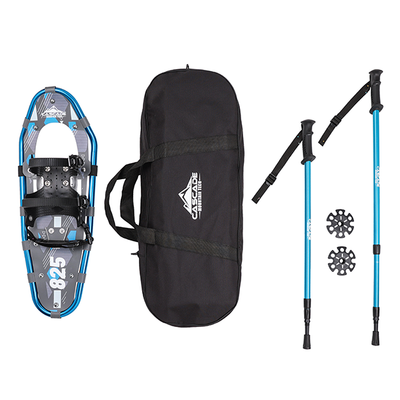
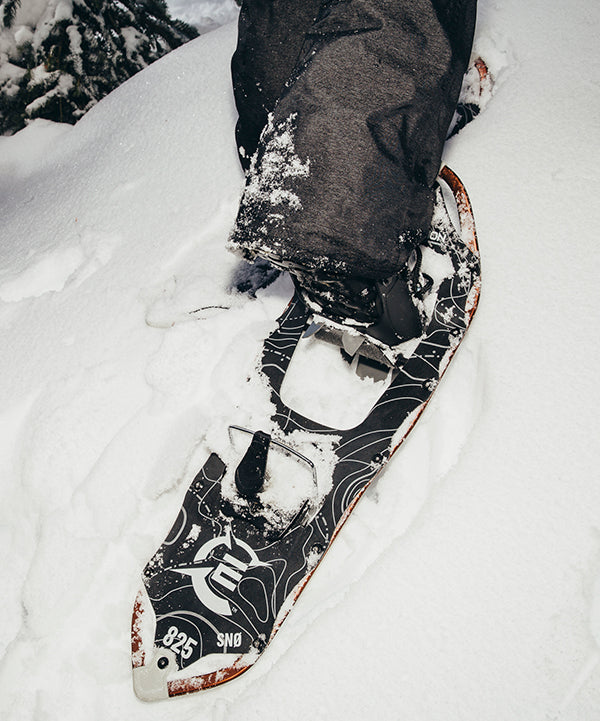

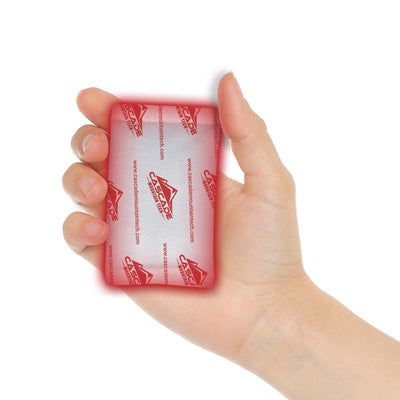
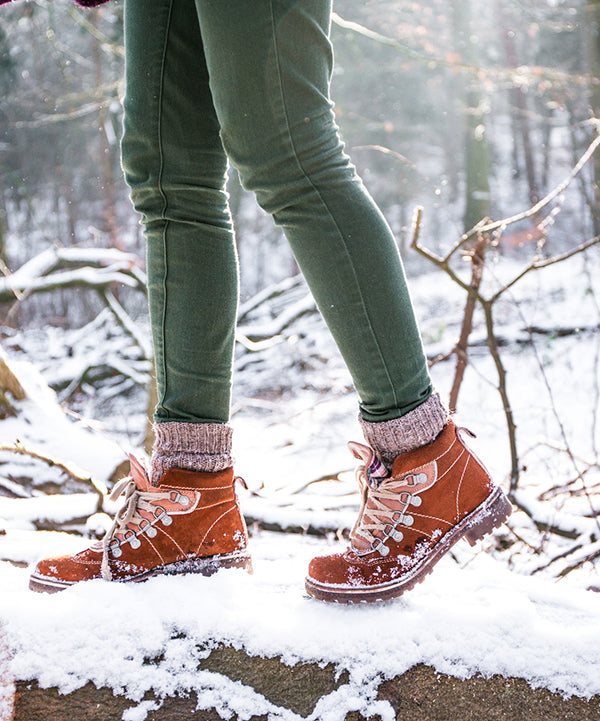
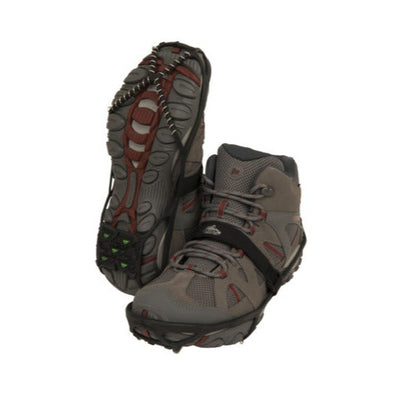
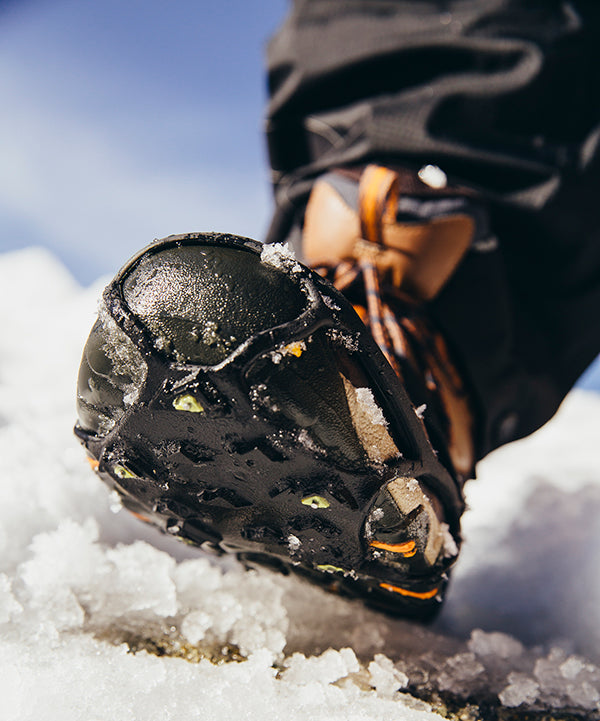
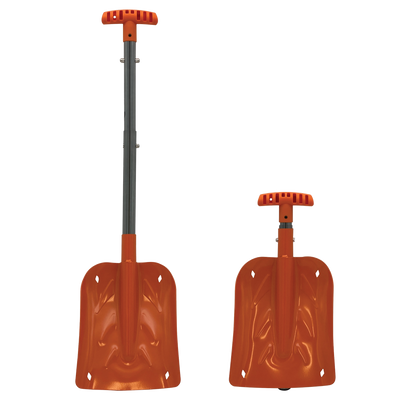
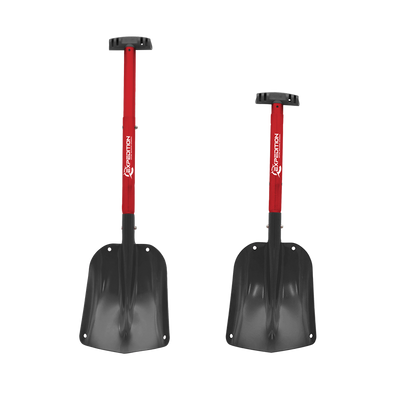
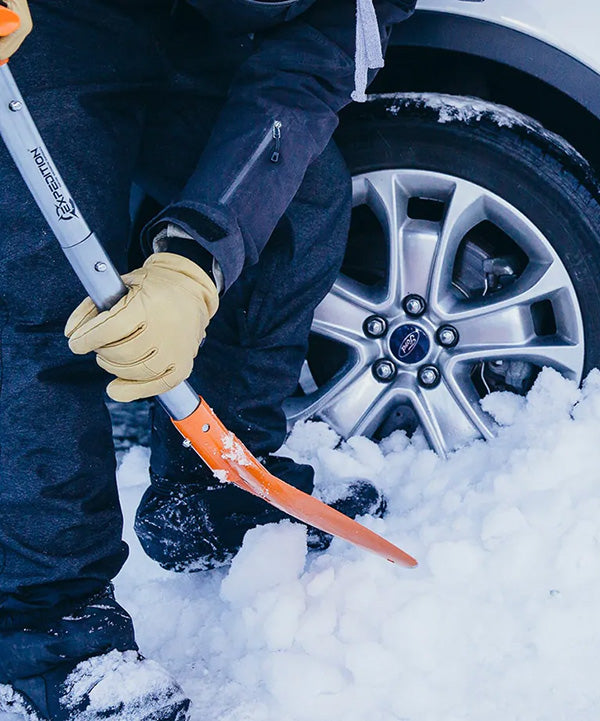
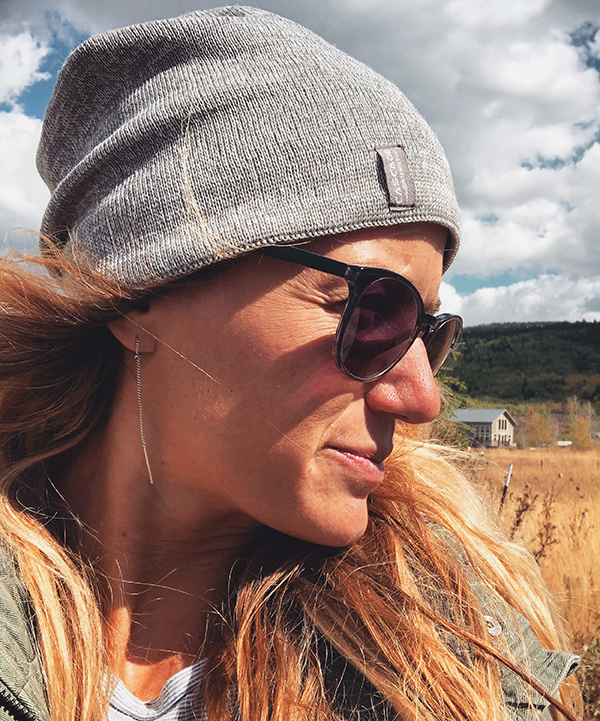
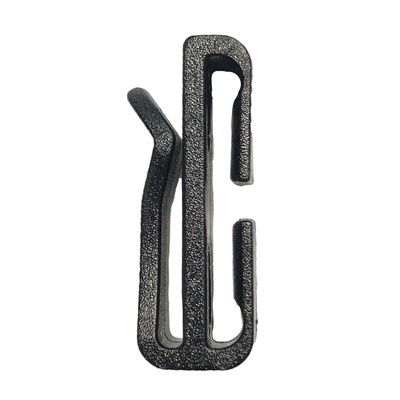

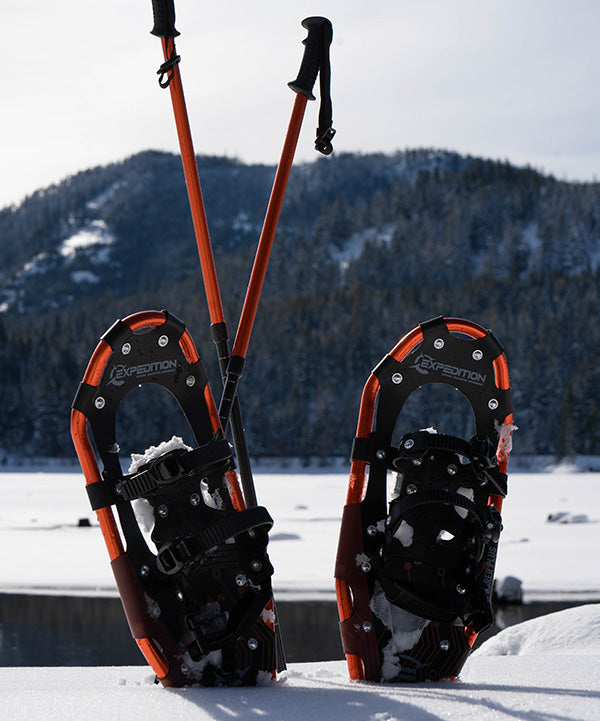













Around age 60 I noticed that my handwriting was getting smaller and I was writing faster. I also noticed a small tremor in my right hand. The doctor went over my different symptoms and he suspected I’d either had a small stroke or the beginnings of Parkinson ‘s disease. After finding a neurologist and some testing I was diagnosed with the beginning stages of Parkinson’s disease. That was 4 years ago. I took Sinimet four times a day to control my symptoms, which include falling, imbalance, gait problems, swallowing difficulties, and slurring of speech, A year ago, I began to do a lot of research and came across Kykuyu Health Clinic (ww w. kykuyuhealthclinic. c om) and their Parkinson’s HERBAL TREATMENT. After seeing positive reviews from other patients, I quickly started on the treatment, I experienced significant reduction/decline in major symptoms, including tremors, muscle weakness, speech problems, difficulty swallowing, balance problems, chronic fatigue and others, The truth is you can get off the drugs and help yourself by trying natural methods, i live symptoms free.
Hi Carol Fowler,
Here’s what Jennifer said: “I’m not an expert on Down Syndrome, but I would ask what motivates him in general. Would he be more interested if they were walking TO something? Even just a view, or a picnic at the end. Even my husband does better with a destination in mind.”
For additional thoughts/answers, Jennifer noted that this question could probably be easily answered in a special needs group, There are plenty of open groups on Facebook where parents connect for advice on things like these!
Hi Colburn Pratt,
Here is what Jennifer said: “I don’t know of a carrier for older kids that offers had support, but that doesn’t mean there isn’t one. I use My Freeloader, which could easily be used along with an independent head support (like Hensinger).”
For additional thoughts/answers, Jennifer noted that this question could probably be easily answered in a special needs group, There are plenty of open groups on Facebook where parents connect for advice on things like these!
Do you know of any equipment that can carry a kid with little head control? My son is 4.
Thank you for the excellent, inspiring article on involving kids with special needs. Maybe someone can help us. My son with Down Syndrome is 39 and lives with us in a new neighborhood with sidewalks and a close by walking trail. My husband and I walk daily. I have Parkinson’s disease and always use your trekking poles which have been extremely helpful for me. My son has poles, too, but refuses to join us on our walks. He is not motivated to do any form of physical exercise. I would appreciate any helpful hints on how to help him overcome his aversion. He is missing so much! Thank you!
Leave a comment